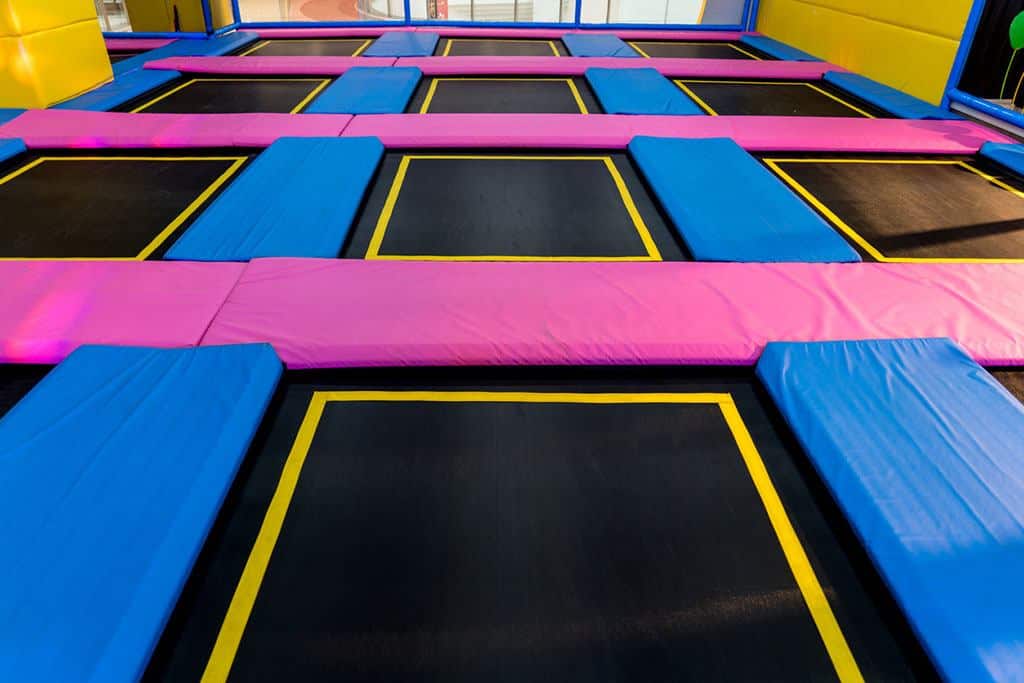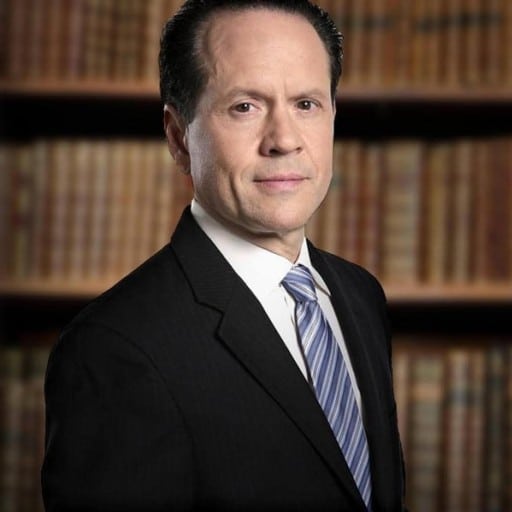
Although you know that trampolines can be dangerous, you weren’t expecting to get hurt while jumping at the trampoline park. If you’re injured in a trampoline park accident, you may immediately start to wonder about that liability waiver that you signed.
Can you bring a claim in Florida if you signed a waiver to use the trampoline park? The answer may be yes, but you will likely need to work with an experienced team of Miami personal injury lawyers to build a claim.

Signing a liability waiver doesn’t necessarily prevent a trampoline park lawsuit in Florida. One unique aspect of trampoline park injury claims is the issue of liability waivers. Jumpers often sign participation waivers without thinking twice. The question is whether liability waivers are enforceable when adults and children get hurt. The answer is that it depends.
Trampoline Park operators have the duty to operate their business in a careful and safe manner. The general rule is that unless you signed a liability waiver and the waiver is enforceable, you may bring a claim if you’re the victim of negligence at a trampoline park. Not all injuries occur from jumping. Here are just some of the ways that you may be hurt at a trampoline park:
Even if you sign a waiver, don’t assume that the waiver applies to your situation or the type of injury that occurs. You should speak with an injury lawyer in Florida to examine your options when you’re hurt in a trampoline park accident.
When adults get hurt, a negligence waiver can be admissible to bar a trampoline park lawsuit. If the waiver is clear and unambiguous about the participant’s assumption of the risk, the waiver can work to prevent a lawsuit based on negligence. It’s a fact-specific determination that depends on the specific waiver in each case.
In 2015, in the Sanislo v. Give Kids the World case, the Florida Supreme Court said that public policy disfavors liability waivers because business owners and operators are in the best position to take safety measures and protect the well-being of customers and participants. Even so, the Sanislo court enforced a liability waiver on the theory of contract enforcement. The victim in the Sanislo case fell and hurt their hip and lower back when an overloaded wheelchair lift collapsed. The court found that the adult signed a waiver and therefore couldn’t bring a claim for negligence against the lift operator.
When a child is involved, a trampoline park negligence waiver is usually not enforceable. Florida law allows parents to waive negligence liability when children participate in school-related and other government-sponsored activities. In commercial activities like private trampoline parks, parents can only waive the inherent dangers associated with an activity. But Florida law doesn’t allow businesses to require parents to waive negligence on behalf of their children for their children to participate in commercial activities.
Florida law 744.301(3) gives the rules for when parents may waive negligence liability for their children. The law says that guardians may waive and release the inherent risk in the activity, the failure to warn parents of the risk inherent with the activity, and the risk that another participant may act negligently towards the child. However, the Florida Supreme Court case Dyess v. Fields makes it clear that parents do not have the right to execute a release for negligent injury in a commercial context. If a child gets hurt at a business, like a trampoline park, they may still bring a negligence claim against the business.
In their decision in the Dyess case, the Florida Supreme Court said that parents aren’t in a position to decide for their children to waive negligence liability in a commercial context. The court says that parents can’t bear the burden of an injury and children are left to suffer if parents can’t provide what injured children may need. They say that businesses are in the best position to remedy unsafe conditions. The court says that companies should buy insurance policies to cover losses and raise their prices to compensate for the cost. The court says that public policy prefers to hold the business accountable instead of requiring injured children to rely on state assistance and their parents when they’re hurt because of the negligence of others.
A trampoline park waiver must be very clear to be enforceable. While you don’t necessarily have to see the word “negligence” in the waiver, the waiver must still make it very clear what claims you’re waiving to participate.
Too often, trampoline park operators try to cut corners, and they don’t work with attorneys to prepare their waivers. The result may be that you can bring a personal injury lawsuit if you’re hurt at the trampoline park. It’s important to speak with an injury attorney to examine the specific facts in your case.
Although Florida law may allow an adult to waive a negligence claim against a trampoline park, you can’t waive liability for intentional harms. You may always bring a claim against someone who acts on purpose to cause injury. Public policy prevents people from being able to cause intentional harm without liability for their actions.
Were you hurt in a trampoline park accident? Do you have questions about how liability waivers apply in trampoline park accidents? We’re Miami injury attorneys, and we can help. It’s important not to assume that signing a waiver prevents you from bringing a claim for recovery. We invite you to contact our attorneys to talk about your case and discuss your options for recovery. Your call is free and confidential. Call us today.

Jack Bernstein is a hard-working and highly motivated personal injury attorney in Miami, Florida with over three decades of experience. He is a strategist and idea person, with a genuine passion for helping his firm’s clients. If you’ve been injured, contact Jack Bernstein today for a free evaluation of your case.